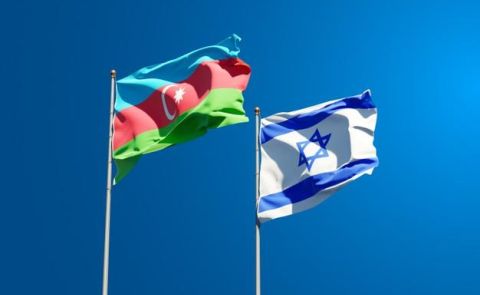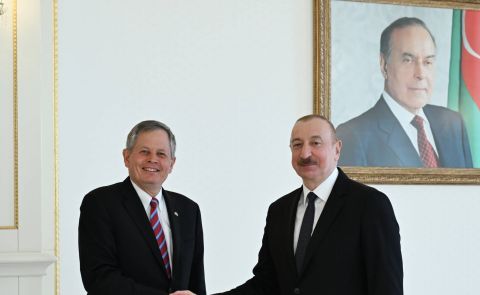
EU Weighs in on Georgia's Progress and Challenges for EU Membership as Tbilisi Adopts De-Oligarchization Plan
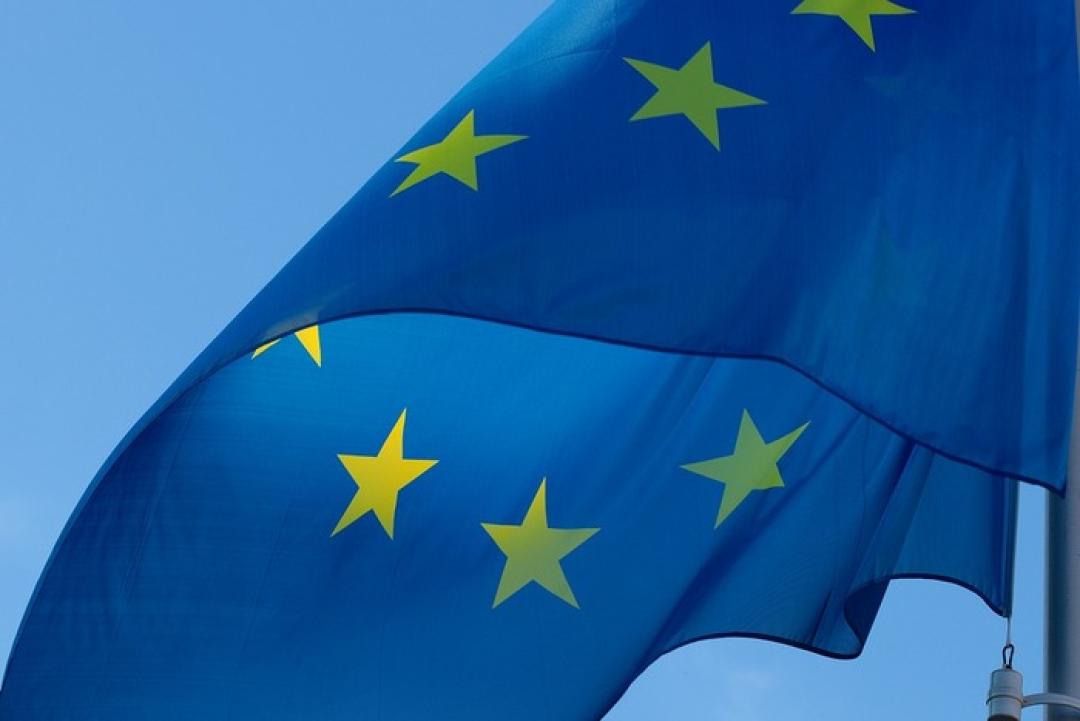
On September 14, EU Commissioner for Neighborhood and Enlargement Olivér Várhelyi discussed Georgia's chances of being an EU candidate.
Várhelyi emphasized that the requirements set forth by the European Council last year are extremely clear regarding Georgia's eligibility for candidate status. He hoped that Georgia would deliver so that the European Commission could make positive proposals regarding Georgia's candidacy while also pointing out that the government had achieved 3 out of 12 targets.
Asserting that the government must fulfill Georgia's aspirations to join the EU and become a candidate nation, Várhelyi said: "What we see is that the Georgia people all want to join the EU and want to become a candidate country, so we hope that the government will be able to deliver on the conditions so that we can make the next step."
Moreover, in response to a query on the 12 EU priorities, EU Ambassador to Georgia Pawel Herczynski stated that, according to the most recent update (released by the European Commission at the end of June), just three of the twelve EU objectives had been carried out. He continued by saying that the precise condition of the situation will be evaluated in the enlargement reports in a month. "There are still a few weeks remaining, but it's clear that several goals have made progress when we had just partial implementation. We anticipate that as much progress as feasible will be achieved when the work picks up," the official added.
He responded that all of the priorities were equally important when asked which ones were more crucial, but he did point out that Borrell had stated during his recent visit to Tbilisi that we would expect to see progress, in particular on de-oligarchisation, with a very concrete action plan that the government should put forward, on judicial reform, on media freedom, and generally as much progress as possible on all reforms. Pawel Herczynski emphasized that the existing 27 EU member states, who will convene at the highest political level of presidents and prime ministers at the end of December, will make the final decision. "The decision will be based on unanimity," he added.
On September 14, the Georgian European Union Integration Commission adopted the newly created De-Oligarchization Action Plan at its 68th session, which was presided over by Prime Minister Irakli Garibashvili. According to the administration, this strategy was developed using suggestions from the Venice Commission and the European Union.
An official statement from the Prime Minister's Office stated that the document contains a comprehensive set of changes to be implemented in Georgian legislation. It adopts a systematic approach and sets specific deadlines for adopting relevant legislative amendments. The paper addresses seven key topics: media pluralism, judicial reform, anti-corruption and anti-monopoly measures, and money laundering.
Irakli Kobakhidze, the head of the ruling Georgian Dream party, claimed the country is ready to obtain the European Union membership candidate status by the end of this year.
See Also

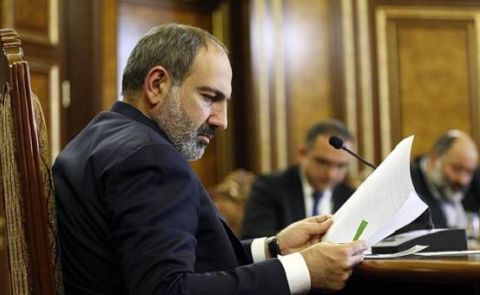
Pashinyan Commemorates First Republic Day, Highlights Progress in Sovereignty and Peace Efforts

Israeli Ambassador to Armenia Acknowledges Challenges but Optimistic About Future Armenian-Israeli Cooperation
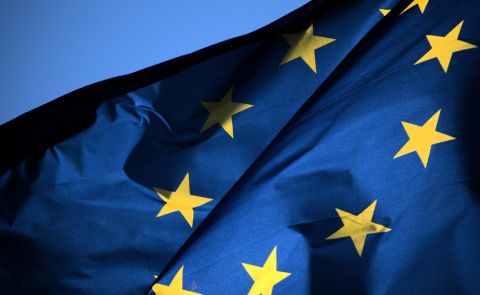
EU Plans Closer Cooperation with Azerbaijan, Georgia, Türkiye, and Other Black Sea States
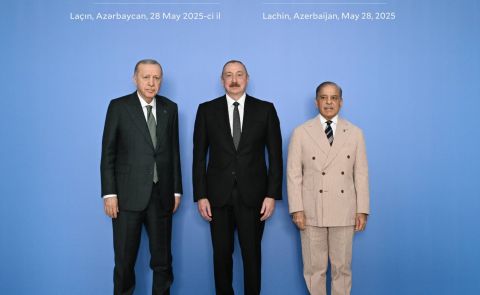
Azerbaijan, Türkiye, and Pakistan Highlight Growing Strategic Cooperation at Lachin Summit
